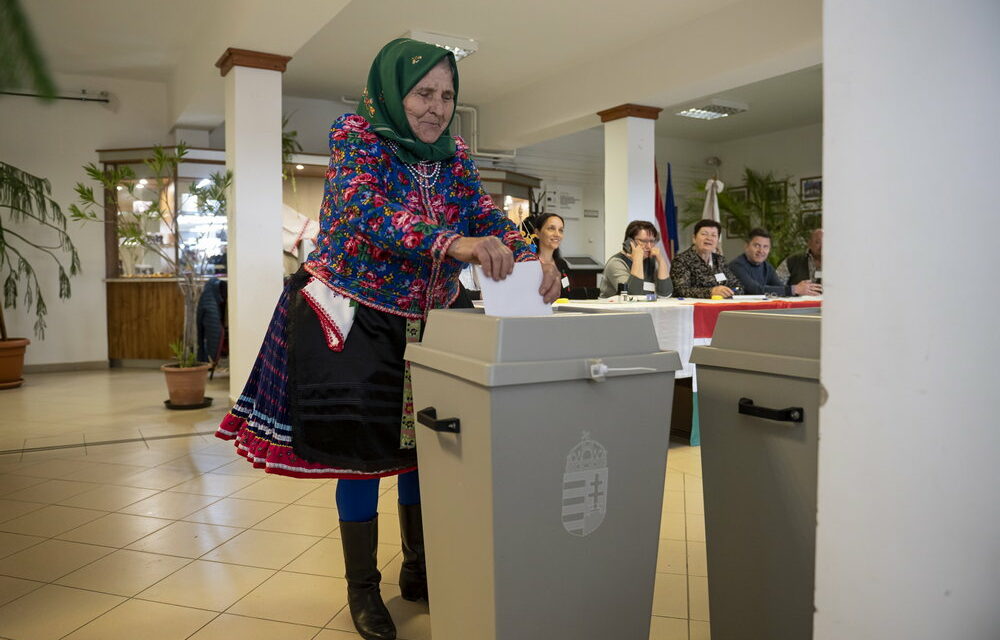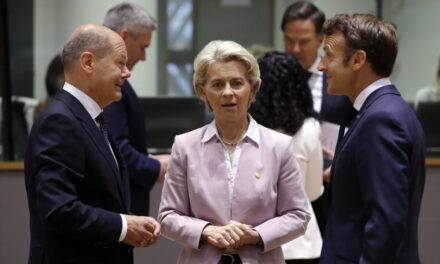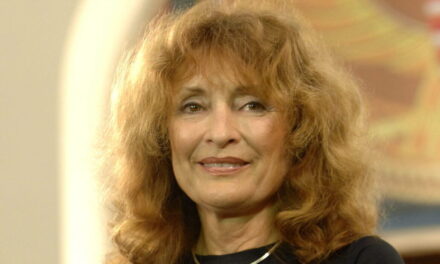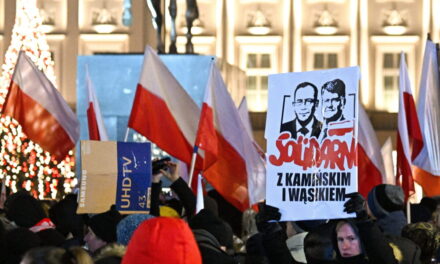The left-wing, left-liberal opposition often - or rather constantly - accuses the Orbán government of populism, from the alleged scattering of money before the elections to the national consultations, which it considers to be a form of populism, that is, of asking the people in a fraudulent way, which has nothing to do with democracy. However, the opposition is wrong: this populism is nothing but democracy itself.
It is therefore worth investigating a little about what populism actually is, who the populists are - and how the domestic and international left uses it against conservatives as a simple swear word, the content of which in this form is empty and meaningless.
We could say that populism does not really have significance in a scientific, social scientific or political sense, it is more of a political or public concept - despite the fact that many academic authors have tried to describe populism as some kind of political ideology or political system. The significance of this word is much more a political message, a qualification, with which the person who uses it either orally or in writing wants to qualify a negative phenomenon in most cases. And in this sense, it can be considered a swear word or "swear sign", if only because whoever - mostly the left - calls a right-wing politician, a party, a government, a prime minister, etc. if you want to characterize it with this term, it is much more likely that this or that political actor is a "populist".
Liberalism and democracy are not natural allies. No, because liberalism is fundamentally an elitist idea, while democracy is a plebeian idea, that is, an idea motivated by the people. This was not clear for a long time until the two concepts became intertwined in practice, which lasted roughly from the Second World War until the regime change in the Western world. In the last two decades, however, the two concepts are beginning to separate from each other again, and the so-called mainstream liberal trend is trying to sweep democracy out of the way.
Liberalism starts from the fact that there is always a select group that is worthy of leading a country or the world. This is how DK, led by Ferenc Gyurcsány and Klára Dobrev, or Gergely Karácsony and his team in the capital think of themselves. It is not a problem for them if this stratum comes to power through free elections, as this way it has more legitimacy, but if this does not work because the "masses", the "plebs" make stupid decisions, then there is another way to get the power: with foreign aid, informal means, economic influence, EU support, media control, etc.
The XXI. In the second decade of the 20th century, it is already clear that it is currently a globalist, supranational, financial, political and media elite with enormous resources that is claiming the right to rule, and for this it is using today's distorted version of the idea of liberalism. It also helps the domestic left-liberal opposition, from DK to Párbészéd, when it supplies it with money, money and weapons. Democracy stands against this: according to the democratic idea, the source of all power is the people, so free elections based on universal suffrage are the starting point of the democratic system. This is the alpha and the omega. This is what the Hungarian sovereignist and conservative, national forces believe, and what the Orbán government believes.
Liberalism is therefore the philosophy and practice of the "above", while democracy is the "below". On the other hand, liberalism protects the individual and the rights of minorities, while democracy emphasizes the rule of the majority. How could they get along? Liberalism has gradually turned away from democracy since the nineties, and today it shows spectacular signs of this both at home and in international life.
I would like to note here that SZDSZ was the first party in Hungary that specifically represented the elitism of liberalism; even then, their basic position was that there are "experts" they have chosen who know everything better than anyone else, especially how to manage a country. That's why they had democracy, the election is a chore, which is an obstacle before they can rule over the "plebs", who don't understand anything, need control, even their control. For them, even the Antall government was incompetent and "populist", not to mention the Orbán government and Fidesz.
However, in the West in a broader sense - we know this well - the XXI. In the 20th century, globalist liberalism became a mainstream opinion, it appears in the vast majority of literature, universities, research institutes, not to mention the media, this kind of public discourse permeates everyday life, which is why populism, populist, becomes a kind of everyday curse word, which in the vast majority of cases, it is in fact a contentless, pointless accusation against an unloved, undesirable political system or a given country, be it Donald Trump's United States, Kaczynski's Poland or Orbán's Hungary.
The latter can also be stated because, for neoliberals, real social knowledge does not lie with the hectic and uninformed majority of the electorate, but with the prepared, professionally competent individual, who is mostly an economist and financial specialist and understands the complicated economic and financial processes of globalism, as well as the market character. In this context, (neo)liberal democracy is nothing more than putting the actors and experts of the global market in a position to serve the majority. In other words: even in a democracy, the rule of the most talented and dynamic individuals and groups must prevail, and they can be found in this field.
In summary: according to globalist liberals, a modern-day aristocracy is needed, which in today's terms could best be called an elitocracy. Elitocracy is a good word because it is the opposite of democracy: elitocracy, meaning the rule of the elite instead of the rule of the people. And here the circle closes: globalist liberalism in its distorted form, light years removed from the original, is nothing more than elitism without democracy.
So that I can play a little with words at the end, and make a little joke with the popular concept: what is this concept of a world-changing role, if not exactly populism incarnate? And isn't this exactly what the Hungarian left-liberal opposition represents, from Gyurcsány to, say, Tímea Szabó? So who exactly are populists, if the term has any meaning at all?
Source: Hungarian Nation
Cover image: Illustration / MTI/Péter Komka












